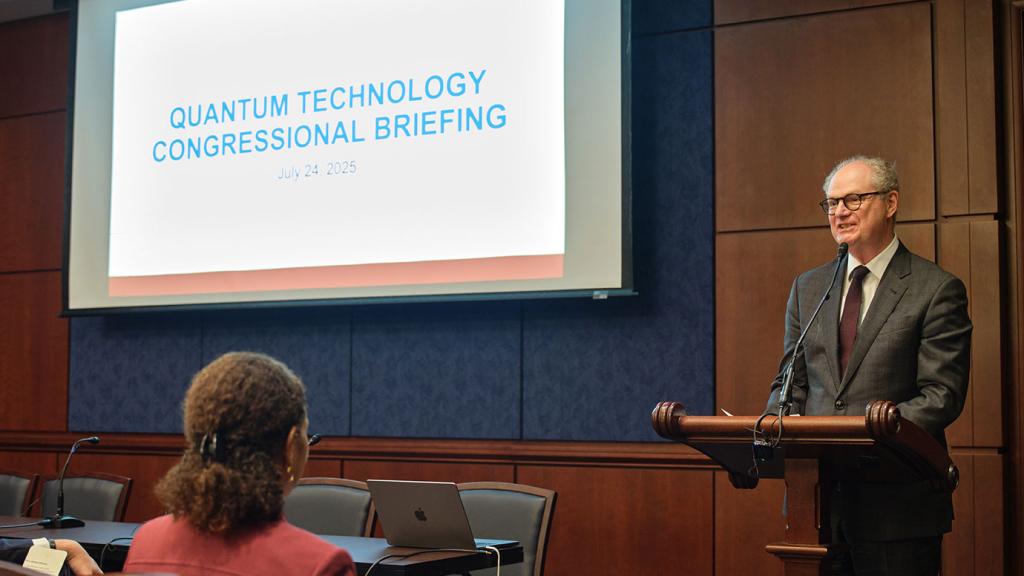Diana Franklin, research associate professor in the Department of Computer Science, has received $2.5 million from the National Science Foundation in support of a new computer science education initiative.
All three projects under the initiative, the CANON (Computing for ANyONe) lab, have the same goal: teaching more children the basics of computer science earlier in their school careers.
“Our goal is to give everyone an equal chance,” said Franklin, also the director of Computer Science Education at UChicago STEM Education. “The digital divide is real and growing, and we want to provide educators with easy, inclusive and tested tools to integrate these concepts into their classrooms.”
In order to be most helpful to schools, the CANON lab specifically aims to create content that doesn’t rely on teachers to have previous experience with coding and programming, she said. In accordance with current educational thought, they’re designed to build answers to tasks that kids might already encounter in everyday life.
The Comprehending Code program focuses on reading and comprehending code from an early age—not just creating it from scratch. Successful programmers need to read code often, Franklin said, and so they are leveraging what is already known about reading comprehension strategies to develop strategies specific to programming.
The Learning Trajectories for Everyday Computing project tackles computational and mathematical thinking for third- to fifth-graders studying fractions. Designed to be integrated into existing mathematics instruction, it will evaluate the relationship between math and computation—and how teaching one subject might benefit the other. “By creating projects that integrate computing instruction with mathematics, we hope to take advantage of the synergy between the subjects to allow students to grow in both areas simultaneously,” Franklin said.
Finally, the Scratch Encore program, a collaboration between Chicago Public Schools and the UChicago STEM Education center, specifically addresses grades four to six.
“While there are solid introductory computer science curriculums for these grades, the higher levels are often either expensive or require teachers to have a lot of computer science experience,” Franklin explained. “This disproportionately hurts learners in under-resourced schools, which often serve underrepresented minority students.”
Their materials are designed with modules that can be customized to speak to particular cultural populations, such as units that use programming to “write” a speech modeled after those of Martin Luther King Jr.
“As science gets more and more data-oriented, we’ll need to set more and more kids on the path of learning computer science concepts earlier and earlier,” Franklin said.







